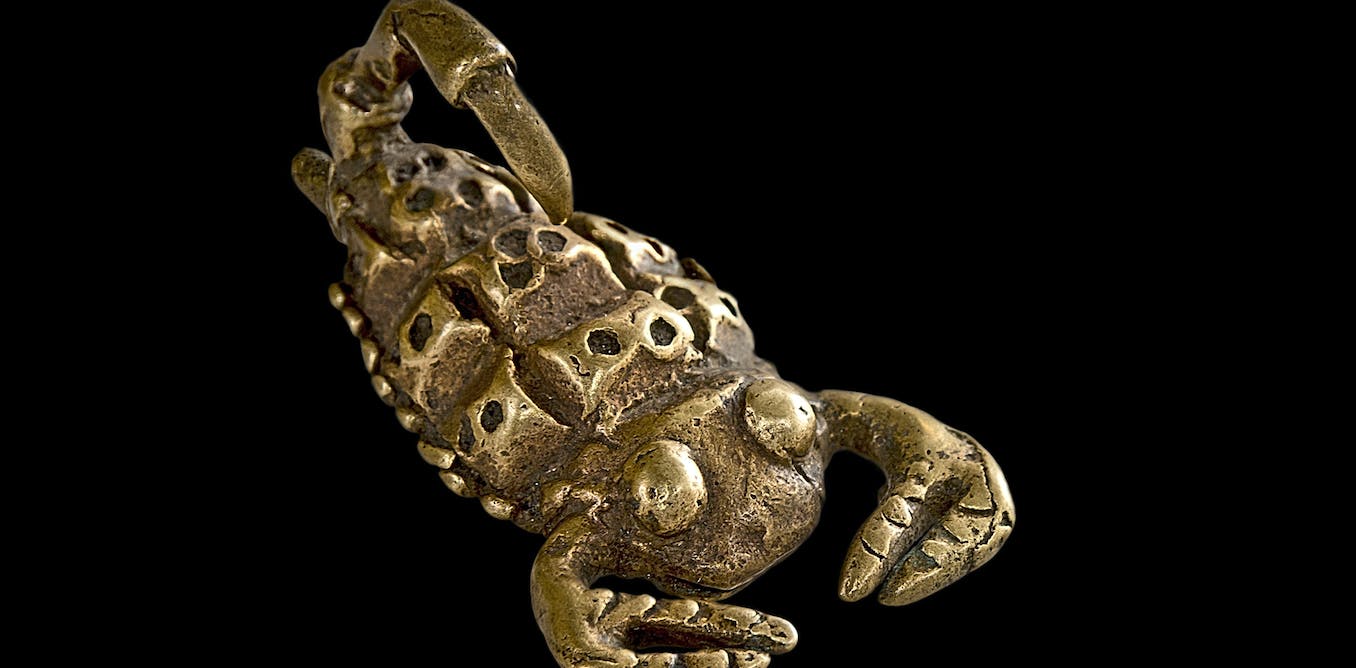Akan folklore contains ancient wisdom that could benefit Ghana’s western-style education system
Philosophies of education serve as frameworks for producing lifelong learners and a knowledgeable and skilled human workforce who develop their societies. Ghana’s education system currently favours a western educational philosophy, relegating its indigenous philosophies to the back burner.
I am an academic in the field of curriculum studies. In a recent paper, I argue that education in Ghana needs to incorporate more elements based on an authentic Ghanaian framework. Based on the view that education, culture and development should be connected, I highlight the educational strengths of African folklore.
I conclude that aspects of Akan folklore, including its stories and proverbs, its kinship rights and rules, its moral codes, its corporate and humanistic perspective, complement the country’s current westernised education.
It is in this spirit that education lecturer Kofi Poku Quan-Baffour has referred to the Akan proverb Tete wobi ka, tete wobi kyere. It means “heritage has lots to say, heritage has lots to teach”. Folklore holds benefits.
The case for Akan folklore
Ghana has about 92 ethnic groups. The largest of these is the Akan. They can be found in eight of the 16 regions of the country and in parts of Côte d’Ivoire and Togo. The influence of the Akan in Ghana and west Africa is not just by virtue of their numerical strength but also due to their strong culture and the spirit that binds them. They have been able to maintain their culture throughout the blows of colonial history.
I argue that Akan folklore can be integrated into the school curricula to teach social skills and emotional intelligence. After all, education seeks to provide learners with the knowledge, skills and attitudes that will make them functional and responsible members of their communities.
This tool may also benefit learners in colleges of education and universities offering Ghanaian languages and related courses. The crucial question here is: where is the place of indigenous pedagogy as a tool in nursing and agricultural training colleges, technical universities and the like?
Without indigenous components in their course curricula, students may graduate from such institutions as professionals who have lost their culture. They will not pass on indigenous values in their own teaching practice.
Not just proverbs and stories
Researchers such as Grace Diabah and Nana Appiah Amfo have established the power of folklore types like proverbs to deal with important topics like gender. Unfortunately, the focus of education has leaned heavily towards examination performance and readying learners for the job market. There is no recourse to the rich culture of the people. The absence of indigenous components in course curricula results in a graduate population without any appreciation for cultural identity.
In their study on integrating indigenous knowledge in the teaching of intermediate mathematics, for example, James Owusu-Mensah and Kofi Poku Quan-Baffour argue that Akan indigenous knowledge systems such as storytelling and games could make subjects easier for learners to relate to and comprehend.
Furthermore, short Akan sayings add spice to the debate that African philosophies can contribute to sustainable quality education for development. Examples such as Kwan nkyɛn ade yɛfɛ, wᴐde sika na ɛyɛ, which roughly translates to “money is needed for everything” and wᴐnsom ԑne nipa (success accrues from collective efforts) undoubtedly take most Ghanaians back to their roots to learn hard, work diligently and live cooperatively.
The urgent need to preserve the environment and its biodiversity also resonates in traditional taboos. These establish rules on days not to farm, hunt or go fishing. This is also done to keep certain flora and fauna sacred and protected.
Looking ahead
My research revealed that there is a need to develop and use an alternative indigenous philosophical framework, drawing on Akan folklore. There is a need to display a sense of commonalities, affirm culture, tradition and value systems, and foster comprehension of the local consciousness in a bid to resolve the challenges people are facing.
In a nutshell, while western philosophies open students up to global understandings and perspectives, Akan folklore grounds them in their own culture. Quality education of the kind proposed in this article will produce students and graduates who are beneficial to their societies while understanding, appreciating, cooperating and contributing to global issues and development.

